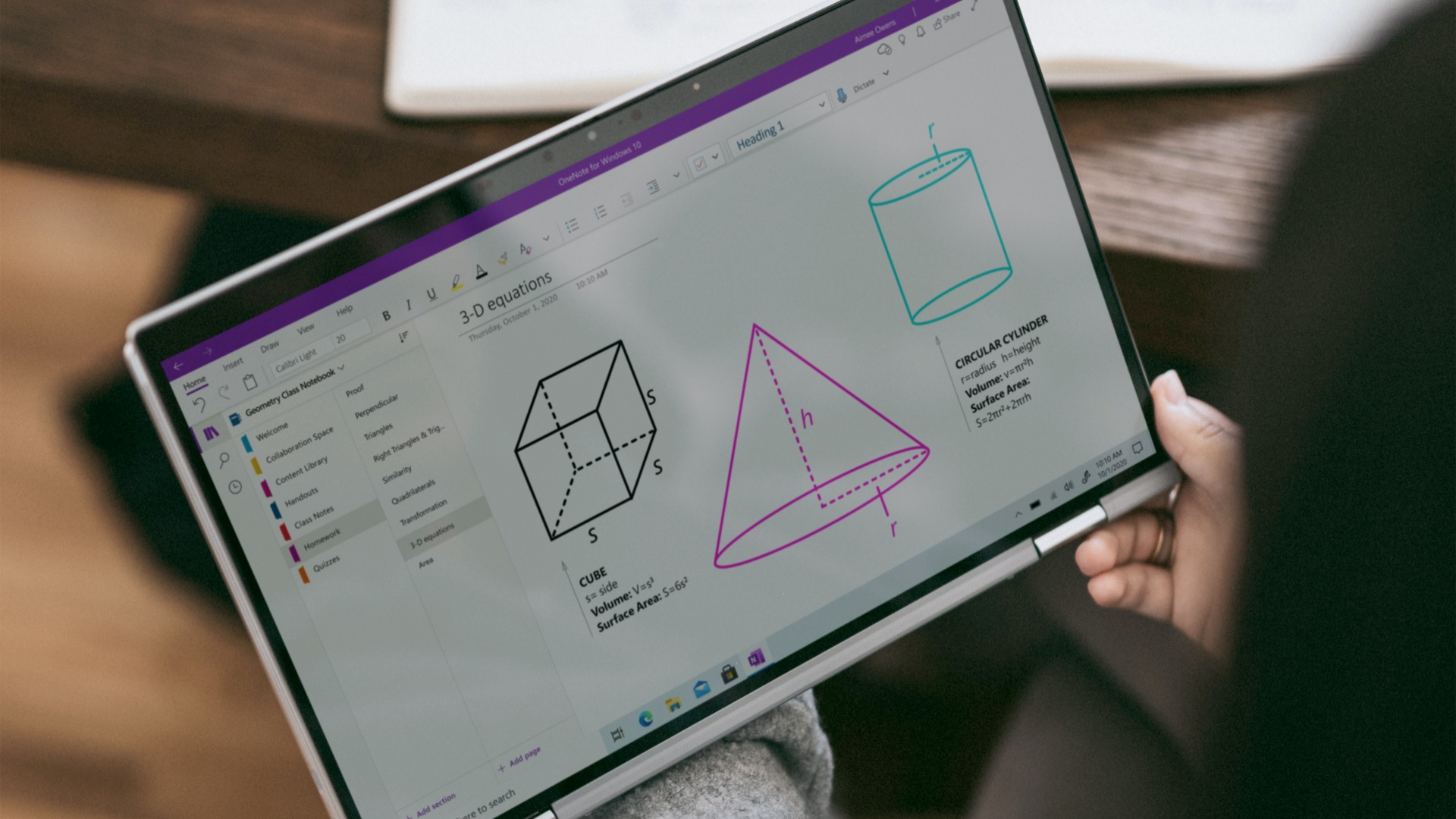As local Matric students prepare to rewrite exams in what has already proved to be a particularly chaotic and testing 2020, the pandemic has highlighted the fact that more needs to be done in the education space.
According to connectivity infrastructure specialists, Liquid Telecom, this has prompted many schools and universities to embrace digital transformation as keenly their enterprise-focused counterparts.
While that is indeed promising, that is only part of the equation though, and Ben Roberts, group CTO/CIO at Liquid Telecom (pictured below) says businesses on this continent need to do their part to assist.
“If African businesses don’t look at new ways to partner with schools, tertiary organisations, and Governments, it will be our future generation who’ll ultimately suffer,” he warns.
“Access to quality education underpins economic growth and social wellbeing – nowhere more so than on the African continent. Pre-COVID-19, many nations already struggled to deliver on this promise to their youth. Over the last nine months, the pandemic has only intensified these challenges and shone the spotlight on a longstanding digital divide,” emphasises Roberts.

As Roberts explains, and as we’ve seen here in SA, educators and institutions are hamstrung by a number of elements when it comes to delivering a distance or digital learning experience.
This as limited access to high-speed internet, smart devices, and electricity have all taken their toll.
Significant barriers
“This hampers educational institutions’ ability to deliver at-home online learning to students at a time when in-classroom teaching isn’t an option due to social distancing and lockdown measures,” he adds.
Citing a recent UNICEF report, some of the most concerning aspects of this problem, in Roberts’ view, is the fact that 1.2 billion students have been forced out of the classroom as a result of the pandemic.
Exacerbating the issue is that nearly 90 percent of students in Sub-Saharan Africa do not have access to household computers, and 82 percent lack internet access.
While those figures make for dire reading, Roberts believes that technology and in particular older technology has a role to play in bridging some of these massive gaps.
“While it might sound counterintuitive, reliance on older technologies such as radio, SMS, and television has a crucial role in many African countries to overcome some of these challenges. This is due to their much higher existing penetration, coverage, and access levels to a broad sector of the population. In Kenya, the Government has played a vital role in driving many of these initiatives,” he highlights.
Focusing in on mobile device penetration on the continent, the Liquid Telecom exec says businesses must continue to be instrumental in accelerating smart mobile devices’ availability.
This as it holds the benefit of allowing customers to pay small amounts on a daily or weekly basis for the service, rather than requiring larger upfront payments.
Greater collaboration
“Now more than ever before, we need to make sure that public-private partnerships are used strategically to ensure that we create an environment that helps overcome the digital divide,” he enthuses.
“At Liquid Telecom, we are continually exploring such partnerships to improve the state of education locally. For example, we recently partnered with the Kenya Network Information Centre (KENIC) and aimed to reach at least 2000 schools and register them on a unique identifier.sc.ke. A domain name extension for schools that will give access enables and empowers educators with the relevant digital skills to teach effectively,” Roberts points out.
Noting another project, he says that a partnership with Cisco Systems to provide educators with essential ICT skills to manage networks, increase the effectiveness of computer labs and classrooms to deliver remote online tuition, assisted 88 ICT teachers, 15 non-ICT teachers from across 95 different schools.
“At Liquid Telecom, we believe that the requirement for high-speed broadband access to institutions, coupled with engaged, empowered and up-skilled educators, will fast-track the ability for quality, in-person learning to restart effectively,” says Roberts.
“To continue to fight this good fight, we believe Governments and the private sectors must continue to seek opportunities to work together collaboratively,” he concludes.
With education expected to still be in a difficult spot in 2021, here’s hoping more businesses collaborate in the new year to make digital learning more accessible within Africa.

